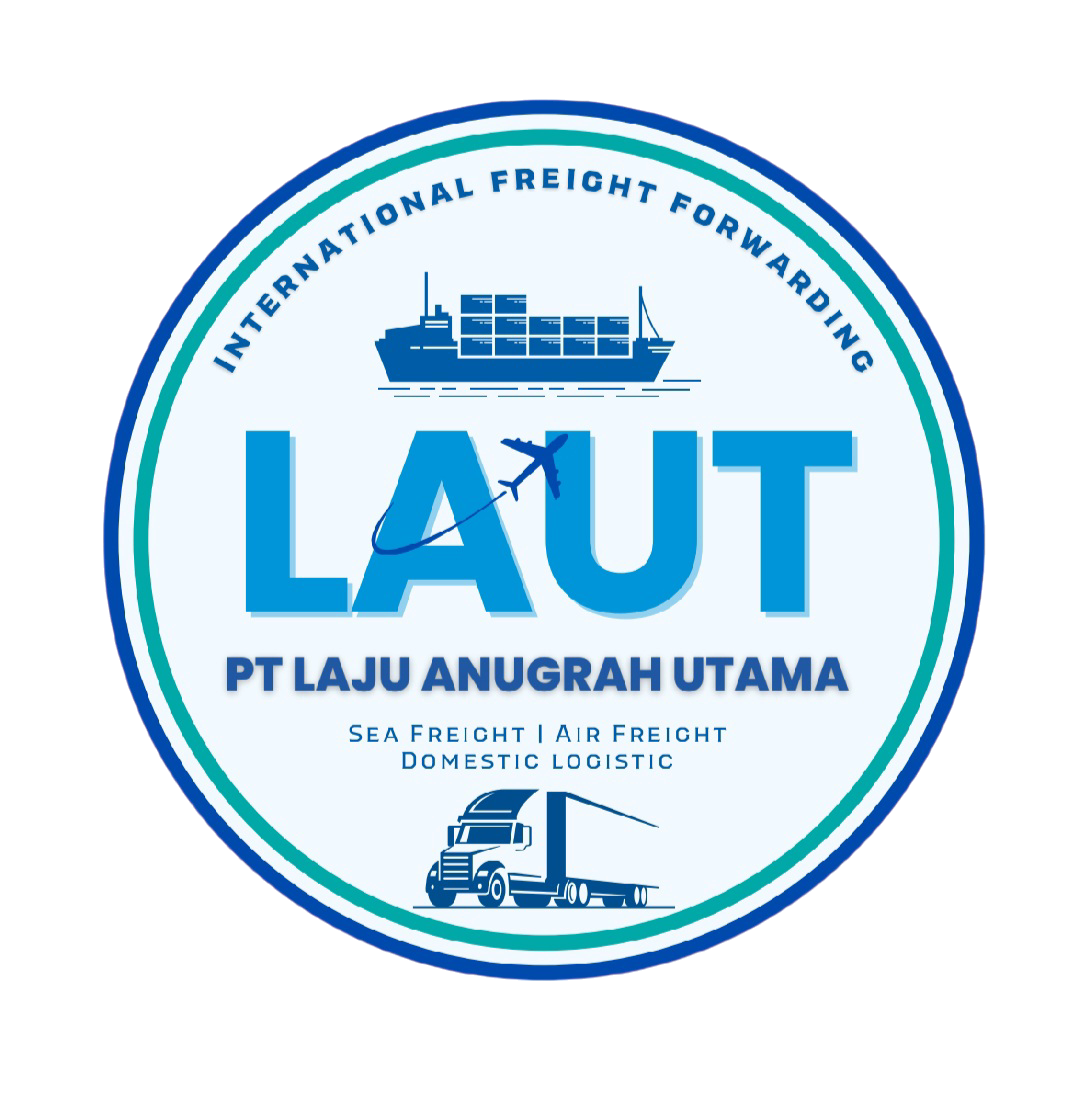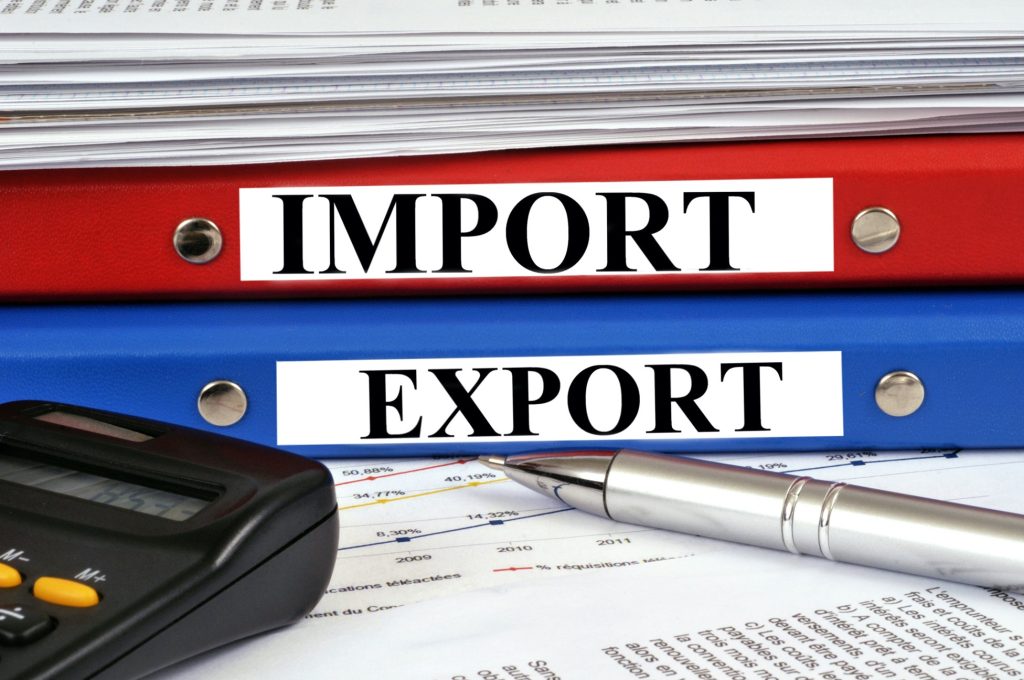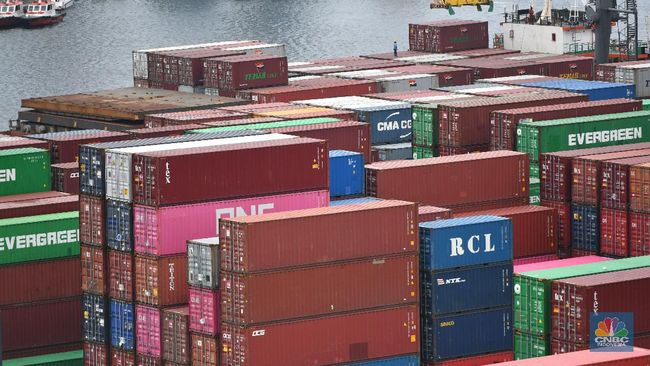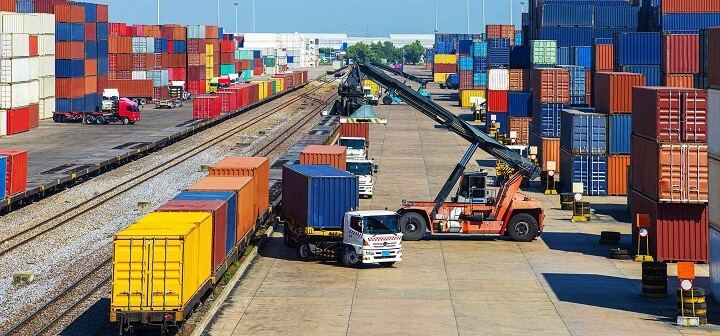To engage in export and import activities in Indonesia, businesses must comply with various legal requirements as outlined by Indonesian laws and regulations. The key steps and preparations include:
1. Establish a Legal Business Entity
- Businesses must be registered as a legal entity in Indonesia, typically as a Limited Liability Company (PT), and must be in good standing with the Indonesian Ministry of Law and Human Rights.
2. Obtain Business Identification Number (NIB)
- A Business Identification Number (Nomor Induk Berusaha – NIB) must be obtained through the Online Single Submission (OSS) system, which acts as a general business license in Indonesia.
3. Register as an Exporter or Importer
- Businesses must be registered with the Indonesian Trade Ministry as an exporter or importer by obtaining the following permits:
- API-U (General Importer Identification Number) for importers of various goods.
- API-P (Producer Importer Identification Number) for companies importing goods for their own production.
- Exporter Registration (Pendaftaran Eksportir) for businesses engaged in exporting goods.
4. Customs Registration
- Companies must register with the Indonesian Directorate General of Customs and Excise and obtain a Customs Identification Number (Nomor Pokok Kepabeanan – NIK) to conduct import/export activities.
5. Secure the Appropriate Licenses for Specific Goods
- Certain goods, like hazardous materials, food products, or medical equipment, require additional licenses and certifications. These can be obtained from relevant government agencies such as the Food and Drug Authority (BPOM) or the Ministry of Agriculture.
6. Fulfill Documentation Requirements
For export and import activities, businesses need to provide specific documents, including:
- Bill of Lading (B/L) or Airway Bill (AWB)
- Commercial Invoice
- Packing List
- Certificate of Origin (for exports)
- Insurance Certificate
- Import Declaration (PIB) or Export Declaration (PEB) for customs clearance
7. Comply with Tax and Duty Regulations
- Businesses must ensure compliance with value-added tax (VAT), import duties, and any applicable excise taxes. Exporters may also be subject to export taxes on certain commodities.
- Importers need to submit the Import Duty Payment and complete tax declarations as required by the Indonesian Tax Authority.
8. Product Labeling and Standard Compliance
- Goods imported into Indonesia must meet SNI (Indonesian National Standard) labeling and packaging standards, especially for consumer goods.
- Exported goods may also need to comply with international standards and regulations depending on the destination country.
9. Engage a Licensed Customs Broker (Optional)
- Many companies work with licensed customs brokers to handle the technical and regulatory complexities of customs clearance, documentation, and import/export processes.
.




